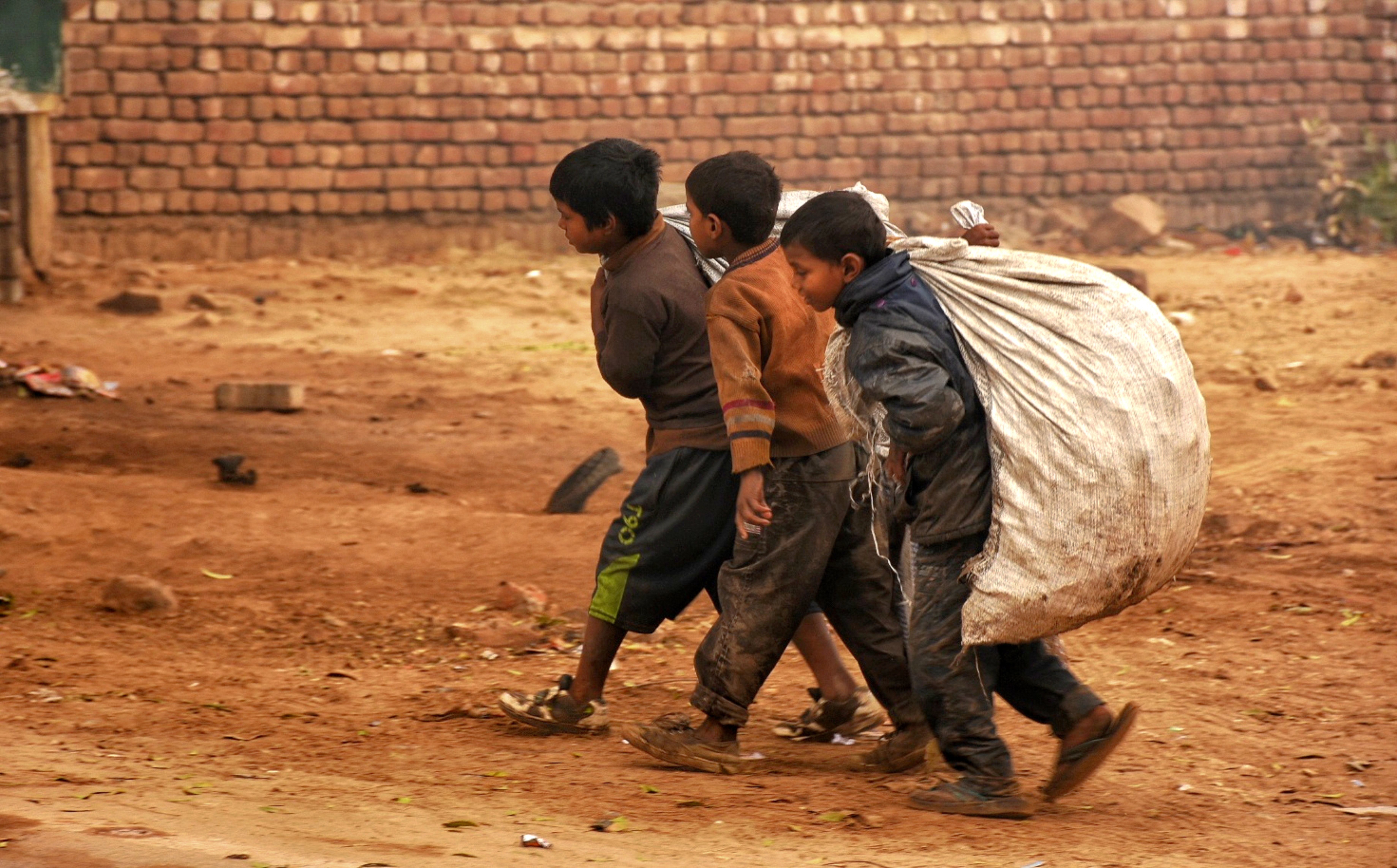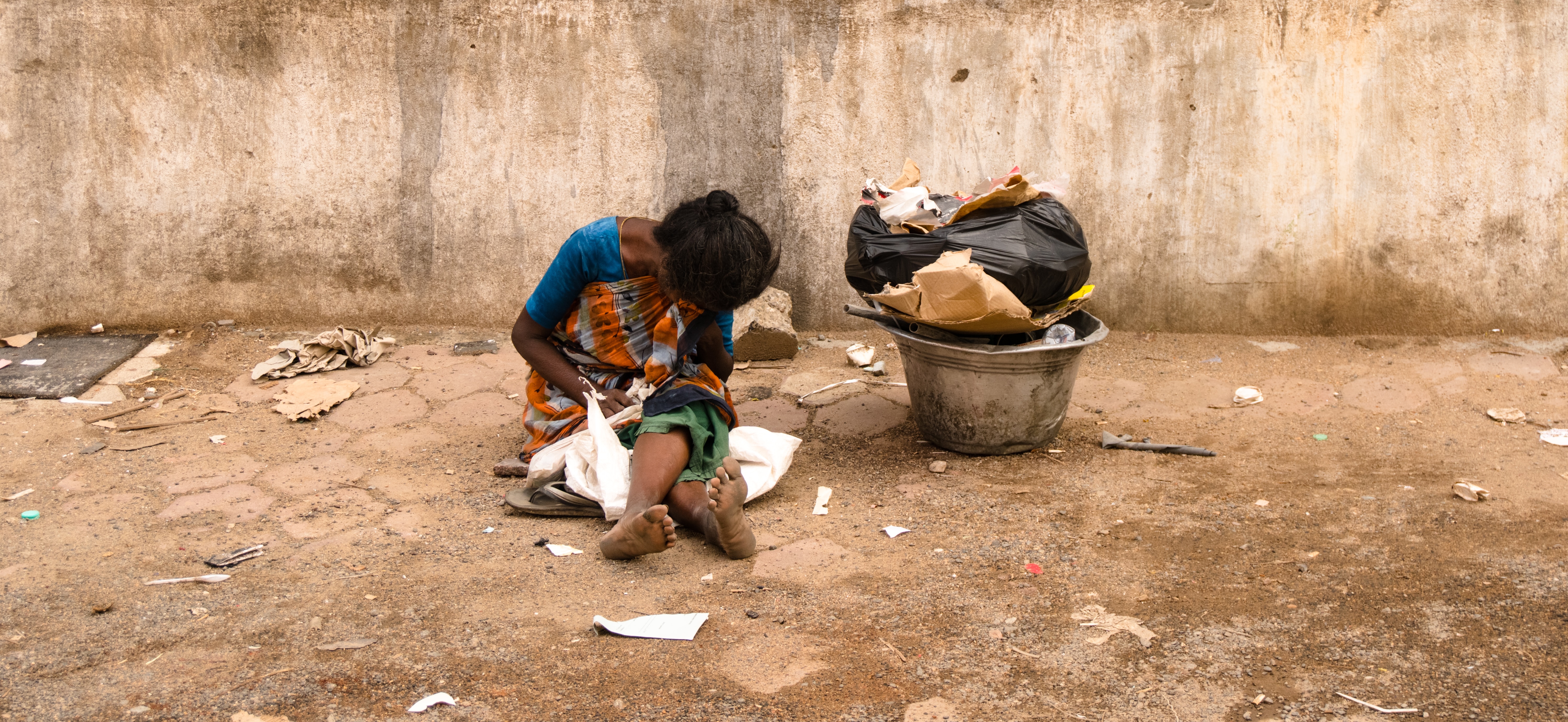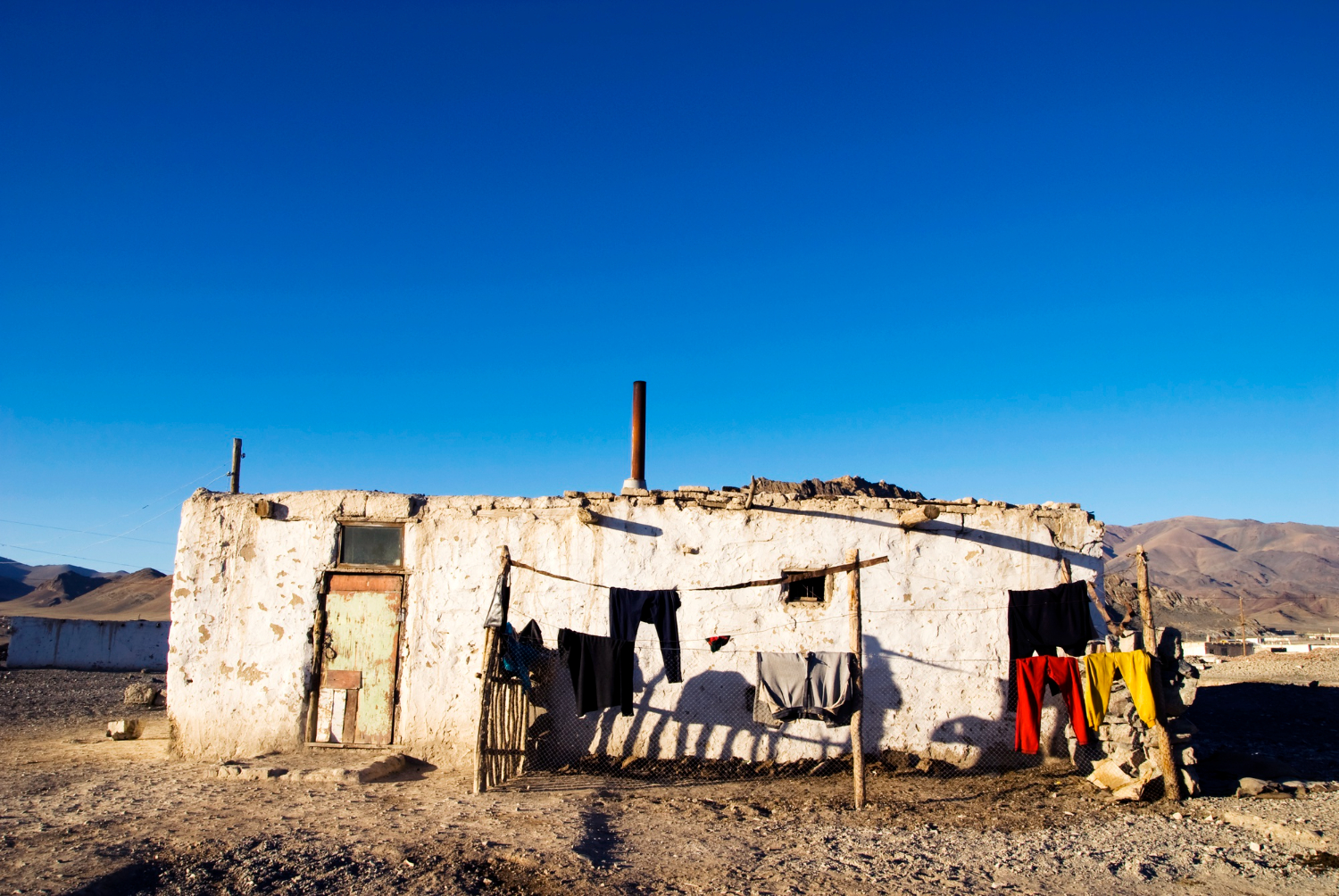
The Impact of Poverty on Children's Development

Fatima Zohra Merzouk
27 Oct 2023
Poverty is one of the most serious challenges facing children around the world. According to UNICEF, more than 1 billion children live in poverty, which means they lack the basic necessities of life, such as food, water, shelter, health care, education, and protection. Impact of Poverty on Children's Development: - Poor health: Poverty exposes children to malnutrition, disease, injury, and environmental hazards. These factors can impair their growth, development, immunity, and survival. Children living in poverty are more likely to suffer from stunting, anemia, diarrhea, malaria, pneumonia, HIV/AIDS, and other health problems. - Poor education: Poverty limits children's access to quality education. Many children living in poverty do not have the opportunity to attend school or complete their education due to lack of resources, infrastructure, teachers, materials, or safety. Those who do attend school often face challenges such as overcrowding, violence, discrimination, or low achievement. Children living in poverty are more likely to drop out of school, be illiterate, or have low cognitive skills. - Poor psychosocial development: Poverty affects children's emotional and social development. Children living in poverty often experience stress, trauma, abuse, neglect, or violence. These experiences can affect their self-esteem, confidence, resilience, and coping skills. Children living in poverty are more likely to suffer from depression, anxiety, aggression, or antisocial behavior. - Poor future prospects: Poverty limits children's opportunities and choices for their future. Children living in poverty have less access to information, guidance, support, and resources to pursue their goals and aspirations. They also face more barriers and risks in their transition to adulthood, such as unemployment, exploitation, early marriage, teenage pregnancy, or crime. Children living in poverty are more likely to remain poor and pass on the cycle of poverty to their own children. Interventions and Programs to Overcome the Effects of Poverty: - Cash transfers: Cash transfers are direct payments to poor families that can help them meet their basic needs and invest in their children's health, education, and well-being. Cash transfers can reduce child poverty, improve child nutrition, increase school enrollment and attendance, and enhance child development outcomes. - Early childhood development (ECD): ECD is a comprehensive approach that supports children's physical, cognitive, linguistic, emotional, and social development from conception to age eight. ECD can provide children with a nurturing environment, stimulating activities, quality care, and protection that can enhance their brain development and learning abilities. ECD can improve child health, education, and psychosocial well-being. - Child protection: Child protection is a set of measures and services that prevent and respond to violence, abuse, exploitation, and neglect of children. Child protection can provide children with a safe and supportive environment, legal assistance, psychosocial support, and rehabilitation that can help them recover from the harm they have suffered and restore their dignity and rights. Child protection can reduce child mortality, injury, trauma, and delinquency. By implementing these interventions and programs, we can help children living in poverty overcome the challenges they face and achieve their full potential. We can also contribute to the global goals of ending poverty, ensuring quality education, promoting good health and well-being, and protecting the rights of all children.
More Articles
The world needs to fight with the hunger. Let’s learn more



